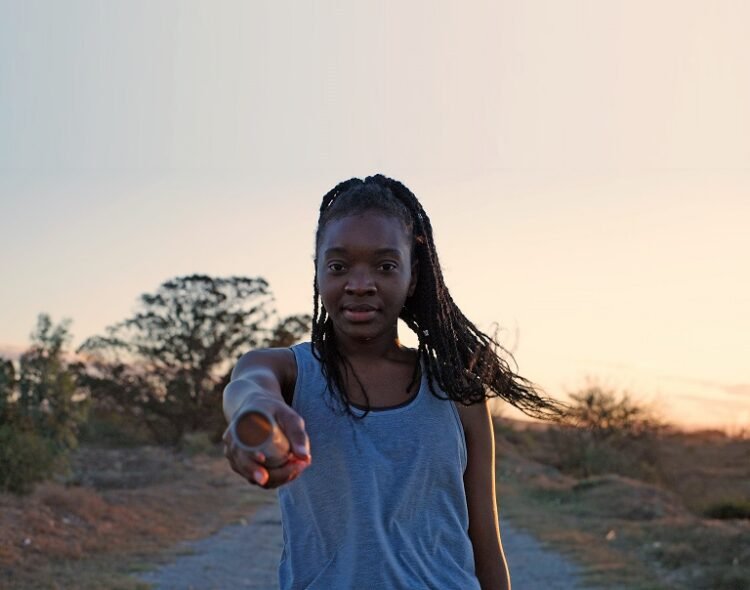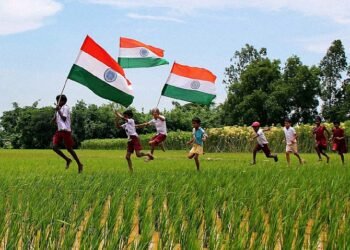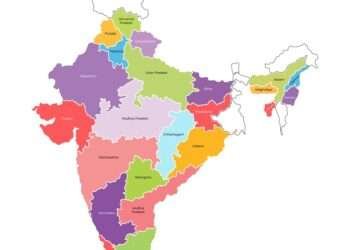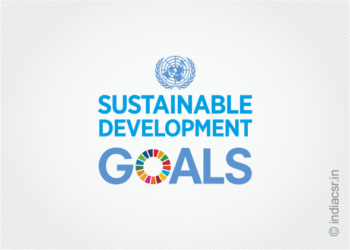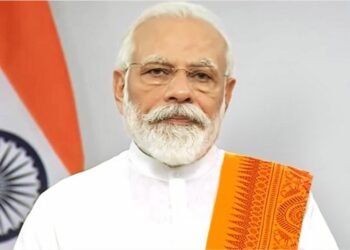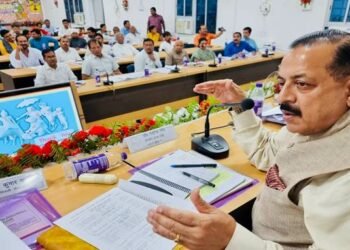The mission of this campaign is to raise awareness about how the climate is impacting millions of vulnerable people, for whom time is already running out.
Global Warming
Last month we read about how the heatwave in India pushed temperatures to a nine-year high in New Delhi as the monsoon rains were behind schedule. These kind of news stories have become a daily headline, where we are reading about how climate change is affecting different parts of the globe. Today’s news is from Turkey, where farmers on the southern coast are facing apocalyptic scenes as wildfires continue to sweep the country and it’s been reported that the animals are on fire. The climate emergency is wreaking havoc across the world at a scale that people on the front lines and in the humanitarian community cannot manage. Poorer countries, are the least equipped to deal with rapid change and could suffer the most.
While Covid-19 has shaken much of human society, the threat posed by global warming has not gone away. Our human activities have increased carbon dioxide emissions, driving up temperatures. Extreme weather and melting polar ice are among the possible effects. Scientists say temperatures are now rising faster than at many other times.
Terrifying Glimpse Of What Lies Ahead
Supporting this push for creating a greener, safer, more resilient world in the lead up to COP26, the United Nations (UN) has launched #TheHumanRace, a global campaign challenging millions of people around the world to run, roll, walk, swim, row, cycle or to participate in any activity of their choice for a cumulative 100 minutes between August 16–31 in solidarity with the world’s most vulnerable people and to mark World Humanitarian Day 2021 (WHD).
A host of UN Agencies, some of the biggest names in sports, including world-class ultramarathon athlete, Fernanda Maciel, Olympic silver medalist, Francine Niyonsaba and UK elite runner, Tina Muir are behind this initiative. They are joined by Nigerian climate activists Adenike Oladosu and Mitzi Jonelle Tan, Filipino climate-justice activist, along with international organisations such as the Red Cross, academics, think-tanks and Government bodies.

Together they are all joining #TheHumanRace in a bid to put the world’s vulnerable people front and centre at the upcoming UN climate summit (COP26) in November. Fernando Maciel, world-class ultramarathon athlete, says, “I am excited to run for the most important goal in our lifetime: to save our planet and the people living on it. We run every day, for ourselves, why not run for something bigger? Everybody should join #TheHumanRace because we need compassion and it is time to run together.”
The mission of this campaign is to raise awareness about how the climate is impacting millions of vulnerable people, for whom time is already running out. It will also provide a glimpse of what lies ahead for us all – prolonged droughts, extreme and intensified weather events and horrific flooding – unless a major breakthrough is achieved at this year’s COP26.
The UN’s Secretary General, António Guterres says, “The climate emergency is a race we are losing, but it is a race that we can win.” He calls 2021 the world’s ‘make-or-break year’ and is calling for “a major breakthrough” to slow the pace of climate change and build resilience to protect the most vulnerable from increasingly severe and frequent climate impacts.
How To Get Involved
Participants will call on developed countries to fulfil their 12-year-old pledge to provide $100 billion a year for developing countries to respond to climate change and support climate adaptation. The public can join #TheHumanRace by taking the Strava challenge and logging 100 minutes of total activity between August 16–31 Those who can’t race can still show support by simply pledging on https://worldhumanitarianday.org Strava is a popular exercise app.
Plant and animal extinctions are predicted as habitats change faster than species can adapt, and the World Health Organization warns that the health of millions could be threatened by increases in malaria, water-borne disease and malnutrition. Responding to climate change will be one of the biggest challenges we face this century and this is why world leaders must commit to putting vulnerable people front and centre at the UN climate summit (COP26) this November.
Read More from Sangeeta Waldron

